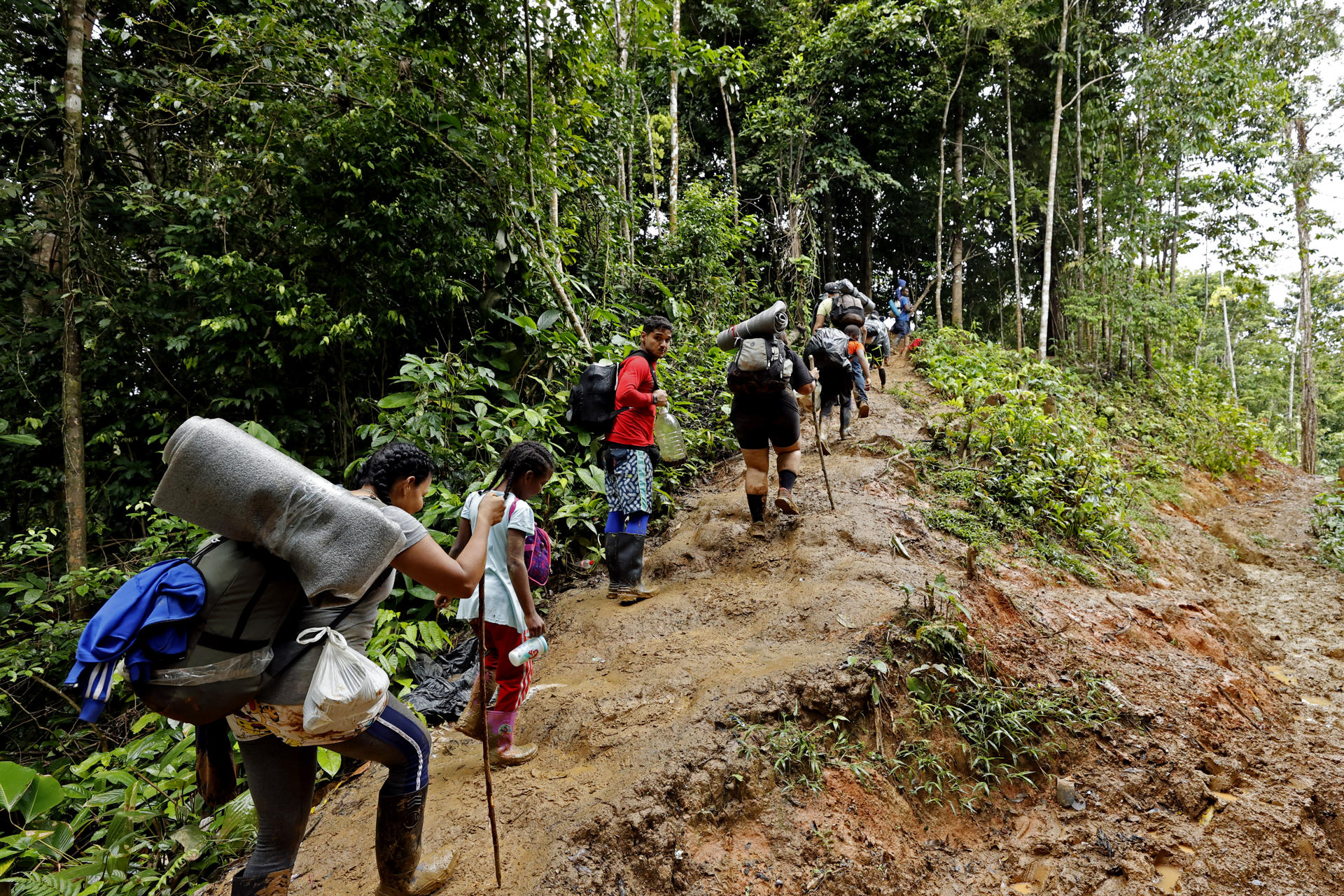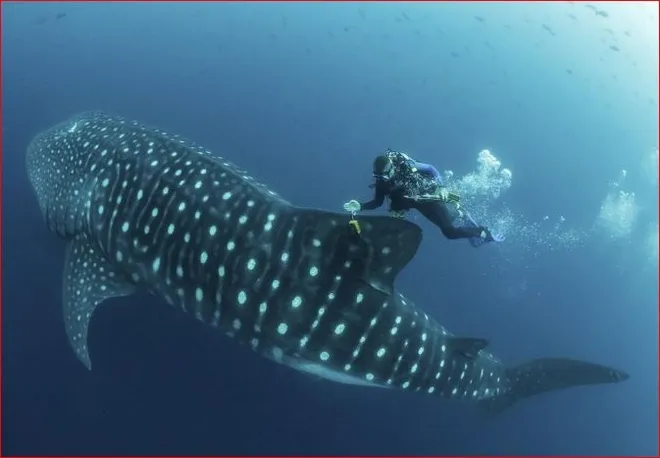Colombia says Panama did not Consult them on Closing Crossings in the Darien

Migrantes venezolanos suben una montaña con la intención de llegar a Panamá, en el Tapón del Darién (Colombia), en una fotografía de archivo. EFE/Mauricio Dueñas Castañeda
The closure of four border crossings in Darien has generated criticism for the implications that the decision could have for the thousands of migrants who cross through the area. In addition, the Panamanian government’s decision was apparently not consulted with the Colombian authorities.
According to the director of Migración Colombia, Carlos Fernando García, there are five land routes that people usually use to get to Panama, of which not three, but four, are completely closed. In any case, the closure of the crossing points “was not agreed upon.” However, it seems that barbed wire is being used to prevent crossing the border at these points. Faced with this situation, the official explained to Noticias Caracol that an agreement had been reached with President José Raúl Mulino and his advisors to advance a discussion on the matter. They also agreed to meet with communities from different territories because the populations have been seriously affected by the migratory flow, especially indigenous people.
Regarding the use of barbed wire to prevent the passage of migrants, he indicated that, although they have not received official videos, they were probably installed at the border points after the Panamanian authorities announced their closure. However, he said that citizens are probably finding other areas to cross, since there has not yet been any evidence of a build-up of people. In this regard, he explained that he plans to meet with the Panamanian authorities to jointly establish which passage will remain open between the countries. He said that if a consensus is not reached, it will not be possible to prevent people from daring to cross; they will do so and risk their lives by resorting to other routes that could be more dangerous. There are people who are choosing to cut down trees to place them on barbed fences so they can pass over them.
The backlog of people in municipalities receiving migrants will increase due to the closure of border crossings. The Ombudsman’s Office also issued a statement on the matter, warning of possible humanitarian consequences because people who try to cross the border could become stuck, facing violations of their rights.





